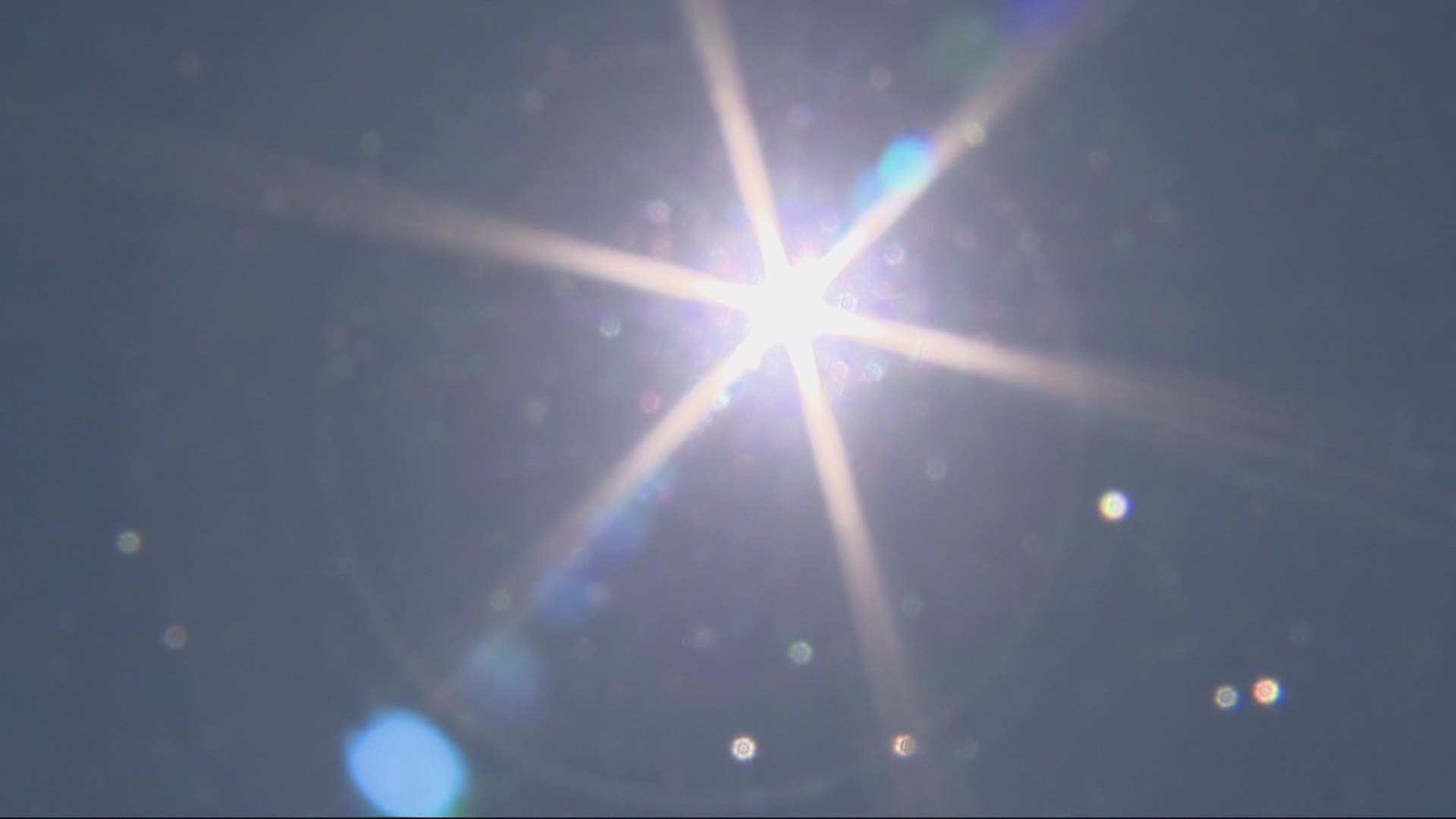PORTLAND, Ore. — Most of us are familiar with the term "hypothermia" when the body gets very cold. When it gets very hot, you can suffer from hyperthermia.
It causes you to lose the ability to regulate your body temperature as it rises abnormally high. But how do you know when it's happening?
Robert McDonald is a paramedic with American Medical Response (AMR) in Multnomah County. The ambulance service saw a big increase in heat-related 911 calls during the Pacific Northwest heat wave earlier this week.
"We saw particularly Sunday and Monday an enormous increase in heat-related injuries, very serious calls that were occurring," said McDonald.
When it gets that hot, it's important to pay attention to the signs of heat-related illnesses.
Early signs include excessive sweating, exhaustion or extreme tiredness, flushed or red skin, cramps, dizziness, headache or even nausea.
If not addressed, heat-related illnesses can escalate quickly.
"If you don't address heat stroke at its most severe point, people could experience seizures, organ failure, they could go into a coma and you can die," McDonald said.
If you do experience any of these signs of hyperthermia, make sure to drink fluids, move to a cool place, lie down or, if possible, take a cool shower.
"Those highest at risk are going to be our elderly population and our very young population. Those are probably the ones with the biggest challenge with thermoregulating," he said.
If someone passes out, vomits, or has a hard time standing or bearing weight, then it's time to call 911.
That's why when it gets as hot as it was, we all need to check on those most vulnerable.
"Watch out for each other," said McDonald. "If you have a neighbor out there who you know doesn't have A/C or an ability to find a place to cool themselves, reach out."

